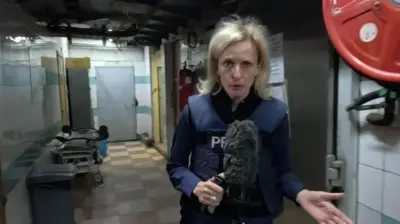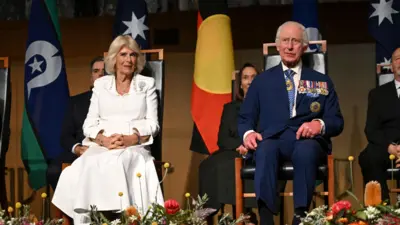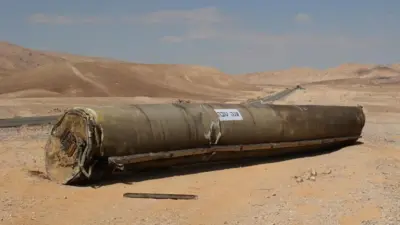We've updated our Privacy and Cookies Policy
We've made some important changes to our Privacy and Cookies Policy and we want you to know what this means for you and your data.
Water cannon 'not the answer' to riots, Met chief says
Water cannon is "not the answer" to combat any future rioting, the head of the Metropolitan Police has said.
Bernard Hogan-Howe told the ґуПуґ«ГЅ the focus of the police was to try to prevent disturbances.
A watchdog had suggested water cannon and plastic bullets could have been used in a "number of real scenarios" during the riots in England in August.
Mr Hogan-Howe also said the suggestion that riot police could be armed with live ammunition was not an option.
A report from the Inspectorate of Constabulary, published earlier this week, suggested water cannon and plastic bullets could be considered to deal with rioters throwing missiles and petrol bombs, to stop "violent attacks on the public" and arson attacks, and also where fire and ambulance crews were under threat.
Legal advice in the review of the riots indicated that firearms could "potentially" be deployed where arson posed a threat to life, or of serious injury.
'Difficult situation'
The report said water cannon were an "effective means of dispersal" which caused injuries to the public in static and slow-moving situations.
But in his first interview since the report was published, the Met Police commissioner said he was waiting to be persuaded of their benefits.
"We have seen them in Northern Ireland. They have been effective there, but they do have their limitations, they are not the answer," he said.
"In any country, if you haven't used things before then, of course, nobody is going to go willingly towards this new approach. I am not a passionate zealot for this.
"Of course these things are expensive, most of the time they just sit there doing nothing."
Riots broke out in Tottenham, north London, on 6 August, two days after the fatal shooting by police of 29-year-old Mark Duggan.
Unrest spread across London and to other cities, including Manchester, Birmingham and Bristol over the following days.
'Flawed' police operation
After the review of police tactics used during the disturbances, it was reported that the Chief Inspector of Constabulary Sir Denis O'Connor had controversially suggested officers could shoot arsonists if they posed a threat to life.
Mr Hogan-Howe said he wasn't sure that was what Sir Denis had intended to say.
"My understanding of what he was pointing out was if you've got people whose life is at risk, or you've got very serious damage to property with arson, you have to make sure you have all options available," he said.
He said arming riot police with live ammunition was not a foreseeable option.
But he acknowledged that the police needed to review their tactics in light of the summer disturbances and said the police had to have an "open mind".
"What we can't see is what we saw in London: is riots develop, buildings set on fire. We can't see that sort of thing happen and stand idly by and say we'll just stand by our old tactics," he said.
A report from the Home Affairs Committee earlier this week described the policing operation to tackle the riots as "flawed".
MPs said insufficient numbers of officers were initially deployed and police training for public disorder was inadequate.
The said flooding the streets with police was what ultimately quelled the disorder.
Mr Hogan-Howe said it was important for the force to ensure it had enough officers to deal with trouble if it did break out.
"The principal thing we have looked at is to make sure we have the right resources available and we are able to mobilise them," he said.
"There weren't enough officers available on that Saturday night in Tottenham, so we need enough officers, they need to be well-equipped, well-trained, and available to deal with what was a very difficult situation."
Top Stories
More to explore
Most read
Content is not available








